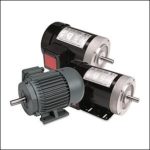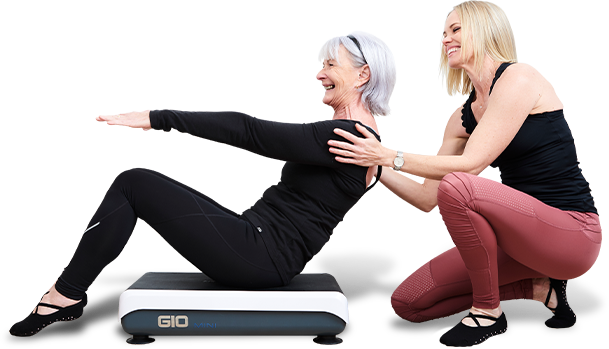Vibration exercises increase sprint performance in cyclists
Written by:
Dewald, Published on: 14/12/2016
Post-activation potentiation (PAP) is used by professional athletes for increasing their performance, and consists in using intense exercise as preconditioning. This training method helps their bodies get used with the higher intensity, so the actual game or competition feels less demanding on the body, thus the performance can increase.
The preconditioning is usually done with heavier weights or at higher intensities, and consists in the same movements that the athlete will have to do during the game, but this isn’t always a rule. For example, an athlete who wants to improve his squatting ability can do a quick set of squats with heavy weights, but other exercises can also be used for PAP.
The purpose of PAP is to activate and target the muscles that will be used during the competition, but the athlete can perform a variety of exercises during the preconditioning phase. The efficiency of this method can vary depending on the rest period between the preconditioning and the actual competition, as well as depending on the athlete’s fitness level and on the intensity of the PAP.
This method is more effective in trained than in untrained athletes, and one can benefit more from a larger number of sets than from a single set of preconditioning exercises. Moderate intensity exercises are more efficient than PAP exercises done with very heavy weights, and the rest period post activation should be 3-10 minutes.
The muscular performance in this training method is enhanced as a result of muscle contractions prior to the actual competition or exercise, so the type of exercise is less important than targeting the right muscles and causing them to contract. This means that any type of training that activates the muscle fibers might be suitable for PAP, and scientists from Norway wanted to see whether the theory applies to whole body vibration as well.
In a recent study published in the International journal of sports physiology and performance, researchers from the Lillehammer University College investigated the effects of whole body vibration exercises on the sprint performance of cyclists, using WBV for post-activation potentiation purposes.
For cyclists, improving their sprinting ability can result in better performance during competitions, so researchers wanted to see whether adding WBV to their warm-up session can contribute to a better performance. 11 professional cyclists participated in this study, all of them performing a warm-up session followed by preconditioning exercises.
For the preconditioning session, the cyclists performed 30 s of half-squats with or without vibration, the WBV sessions taking place at 40 Hz. After these, they performed sprints for 1 minute. Results showed that performing PAP whole body vibration exercises can result in superior peak power output compared to performing only conventional squats.
The scientists concluded that adding whole body vibration to preconditioning exercises can result in better sprint performance in well-trained cyclists, and that athletes could incorporate this form of training to their routine for improving the quality of training and their performance in competitions.
Have something to add to this article? Comment below or join our Facebook community and share your thoughts with us.






